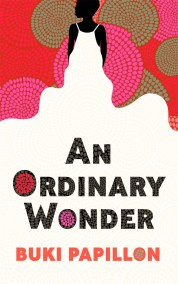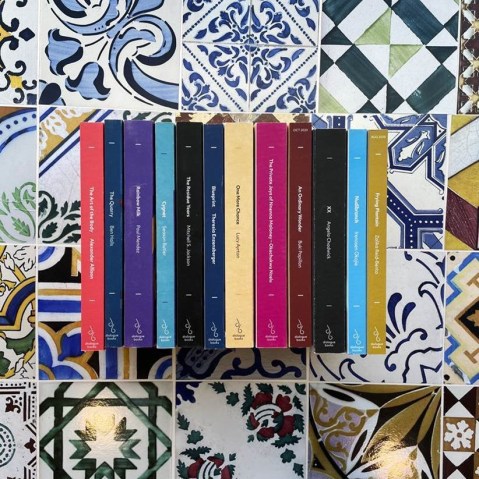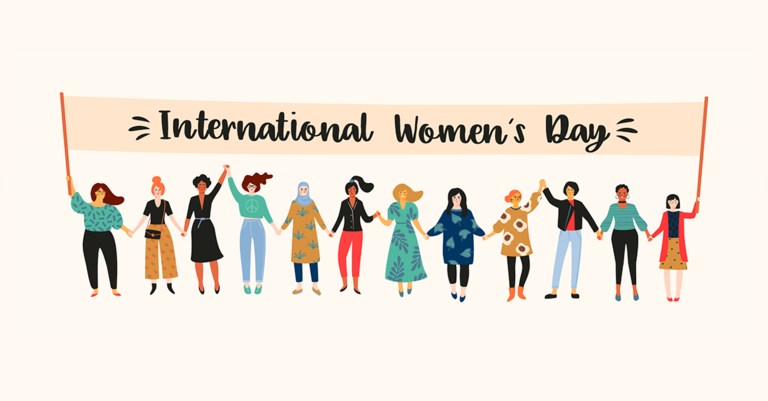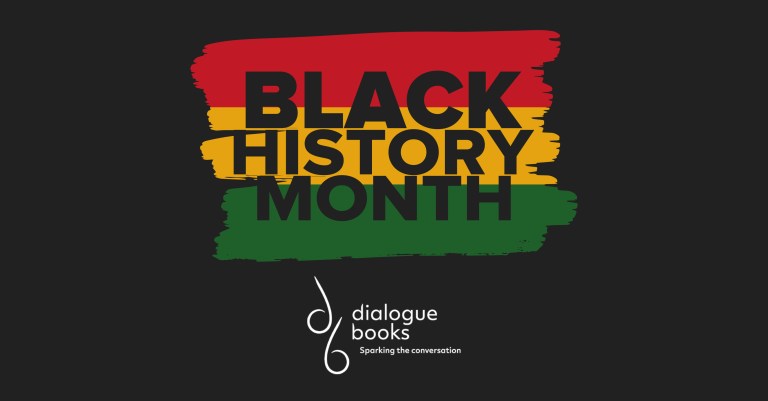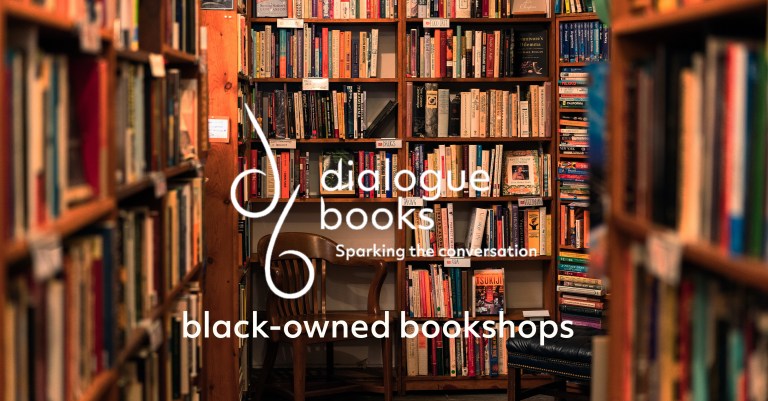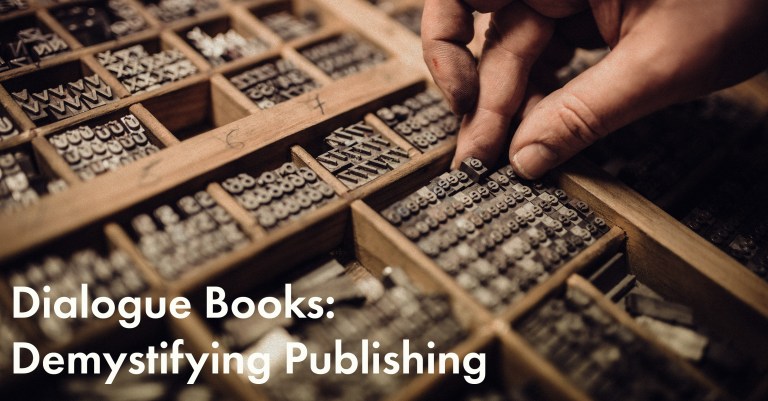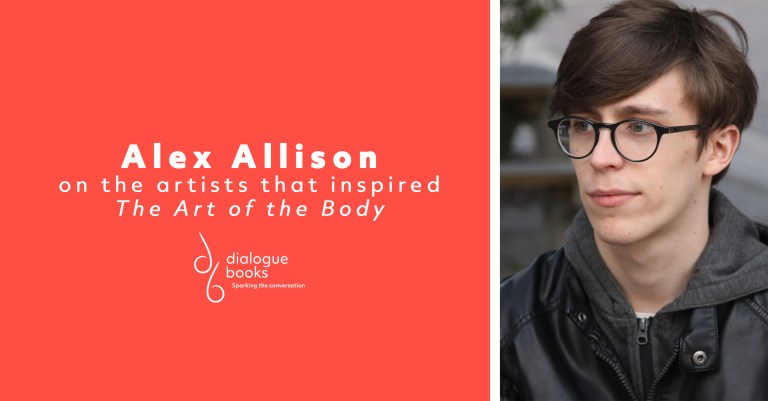Dialogue Books | On Writing and Nigerian Culture
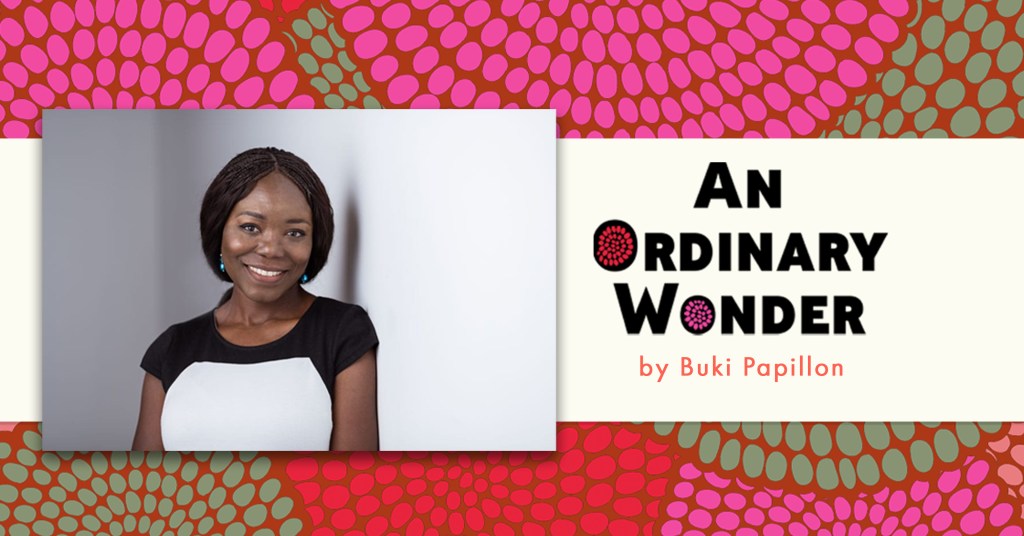
My Yoruba Nigerian heritage is like my North star, and underpins one of the strongest elements running through An Ordinary Wonder. While I did a wealth of research for my book in general, many of the themes and details within it are pretty much fundamental to the way I grew up, and still daily inform my way of being. The folklore and songs; the stories and jokes, the riddles and proverbs were as much a part of my days as eating akara bean cakes with ogi corn cereal at breakfast. I added in a lot of the things I grew up with, like the Oloolu festival where a masquerade walks the town of Ibadan and women are forbidden to be out and about on that day; and proverbs, which are sprinkled gently in like salt. It is the foolish fly that follows a dead body into the grave. In other words, know when to stop and when enough is enough, even if you feel justified in continuing, especially where revenge is involved.
On Storytelling:
Storytelling was a way of life at home, in school, and when I was out and about visiting friends and family. Talking was the highest form of entertainment, especially in the days before the internet and phones. I am old enough that the TV broadcasting service once used to end after the evening news. For those able to afford a television at the time, afterwards came story time. As a young girl, I absorbed so many stories about Ijapa the tortoise from Yoruba folklore that he felt to me like a beloved if rather incorrigible distant family member, along with Yarinbo, his wife, and their many children who were frequently in various stages of neglect, starvation or other endangerment. They would then proceed to either be rescued or to perish in some creative manner, due to a wise or foolish action their infamous parent chose to take. Those stories always taught a wisdom or lesson, and intentionally set out to help the listener become a better omoluwabi; a well-raised or well-regarded human being. This concept is fundamental to the Yoruba way of existing in the world because, according to Yoruba cosmology, humans are actually heavenly beings sent to the ‘marketplace of the world’ to learn good behavior before returning to our true heavenly home. Anansi the spider also featured prominently in many nighttime stories, like a Ghanaian relative charged with the important duty of connecting Nigerians with our African kin across the border. I loved those trickster tales.
Then there were the songs; one of which, a ‘call and response’ like many songs and stories in the Yoruba tradition, features prominently in An Ordinary Wonder. The singer here starts with Jonpe, jonpe, o! and the audience replies, Jonpe! Then they sing with each verse building on to the next, returning in between verses to the call and reply. So it is all very participatory, and everyone has a good time! Similarly, when stories were told at bedtime, the narrator would start with Alo, O! And the audience would reply with Aloo! And then the story truly began! When you heard those words, Alo, O! as a child, you dropped everything and went to sit rapt at the storyteller’s feet, especially if they were known for the excellent quality of their tales. Often, the adults would slowly be pulled away from whatever they were doing and linger at the edges of the circle, rapt as the children and drawn in despite duties still waiting to be completed.
There was also the call and response of the jokes. In Yoruba, a particular kind of joke for example, always starts with “Have you heard?” similar to how a joke in the US or UK would start with “Knock Knock” and, of course, those are very popular with children, as anyone whose child has just discovered Knock, Knock jokes can probably attest to! Or riddles which were meant to make very young children think and grow sharper and, if you were like me, could leave you sleepless until solved, like: You haul me from the earth, tear off my silk coat, and cut off my tail and yet you are the one who is weeping. Now you’ll have to read to the end for the answer!
On History:
The African history I studied in school was not called ‘foreign’ history nor was it tacked on to the history of other nations as an afterthought. It was front and center; the story of my land, my people, my ancestors. I learned about the Soninke Empire of Ghana, where the king was said to be so rich the dogs at the medieval court of Koumbi Saleh lolled about in golden collars! I saw in my mind’s eye the vistas of the people silhouetted against the great sinking orange lozenge of the setting sun, in turbans and agbadas and djellabas and boubous and kaftans. Made of cotton and Kente and Batik and Sanyan and Adire. Beadwork intricate as the fluorescence of a hummingbirds wing. The reds, greens, yellows , ochres, whites and more blending. The tall trees, the lush rainforests, the low savannahs, the whispering grass, the leaping antelopes.
I saw the serious young scholar in a town in Mali, bent seriously over his manuscript, earnestly studying. Yes, there were schools and scholars. People lived and laughed and loved and hated and danced and lived whole entire lives that didn’t have to be confirmed or validated by the gaze of an ‘other’. Alongside, I did briefly unfortunately also learn to speak the language of my people’s colonization. I still remember sitting in the classroom, my tiny hand shooting up to answer as per my text book, ‘Lord Lugard’, to the patently ridiculous question of ‘Who discovered Nigeria’!
On Books:
Even as we read the Dick and Jane books, it was alongside African texts like Eze Goes to School which is a classic about a seven-year-old boy’s ambition to improve his life by getting educated. Only recently, long after writing An Ordinary Wonder, did I realize how much its influence has reached through the years to continue to shape my imagination. I saw myself reflected everywhere and I believe this is so important and very fundamental to what I write. As I grew older and read insatiably about the fairy kings and queens of Hans Christian Andersen and, like many, cried my eyes out when Beth died in Little Women, I was equally weeping over the travails of Ralia The Sugar Girl by Kola Onadipe and utterly devastated by The Gods are Not To Blame, an adaptation of Sophocles’ Oedipus Rex, but set within the culture I knew. Ola Rotimi wrote this earth-shattering Greek tragedy reimagining long before the genre’s current popularity!
I believe every Black child in the world should know these stories and have these cultures be part of their imagination. Every Black child should be able to picture and see their ancestors in ‘period’ books and movies and romances. See them doing all the things that people in stories do.
So much of this is encapsulated in An Ordinary Wonder, and so I hope you enjoy the experience of a uniquely Yoruba way of being that Otolorin’s journey offers you.
[Riddle Answer: Onion].
An Ordinary Wonder
by Buki Papillon
⭐⭐⭐⭐⭐ 'OMG!!! This has to be my best book of the year!... Made me laugh and it made me cry!... So heartbreaking but inspiring at the same time. Loved it!' Goodreads Reviewer
A powerful novel about an intersex Nigerian teenager and the courage to be yourself.
Raised as a boy in a grand but unhappy family in Nigeria, Otolorin Akinro escapes to boarding school knowing two things: she is truly a girl, and to stay safe, she must hide that truth.
Away from the cruelty of her childhood home, Oto blooms even as she strives to be the best boy she can, finding true friendship and working hard to earn a scholarship to an American university, hoping someone out there might help her understand the secrets her body holds.
But she cannot stay away forever. Back home for the holidays, though Oto and her beloved twin sister are overjoyed to see each other, their mother's violence erupts once more and when a terrible incident rips their lives apart, Oto is left alone.
As her world goes up in flames, can Otolorin rebuild a life from the ashes of her true self?
An Ordinary Wonder is an utterly gripping, heartbreaking and uplifting coming-of-age story about family, identity, gender and culture and discovering your whole, true self. If you loved The Vanishing Half, The Girl with the Louding Voice or The Death of Vivek Oji, you'll adore this moving book.
What readers are saying about An Ordinary Wonder:
⭐⭐⭐⭐⭐ 'WOW!!!! I absolutely LOVED this book... A powerful, engrossing, sad, but also joyous book. I could not stop listening and reading once I started it.' Goodreads Reviewer
⭐⭐⭐⭐⭐ 'This story was so sad!!!... Just broke my heart.' Goodreads Reviewer
⭐⭐⭐⭐⭐ 'One of the best, most beautiful and most incredible books I've ever read in my entire life.' Goodreads Reviewer
⭐⭐⭐⭐⭐ 'I thought I was going to make it all the way through to end of this book without crying. Turns out, I was very wrong... After the tears, you're cheering with the characters all the way to the end.' Goodreads Reviewer
⭐⭐⭐⭐⭐ 'Wow! This book is so totally awesome!... An amazing story.' Goodreads Reviewer
⭐⭐⭐⭐⭐ 'Moved me to tears but also filled me with hope. An emotional, heartbreaking read, with a plot that kept me gripped and stunning writing. I'm still thinking about this book months after reading it.' Goodreads Reviewer
⭐⭐⭐⭐⭐ 'Brilliant... The tension builds up and honestly the author squeezed every emotion out of me!' Reader review

